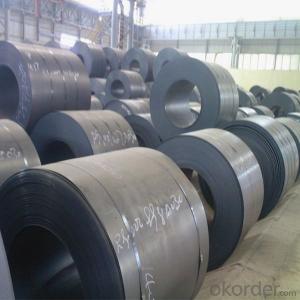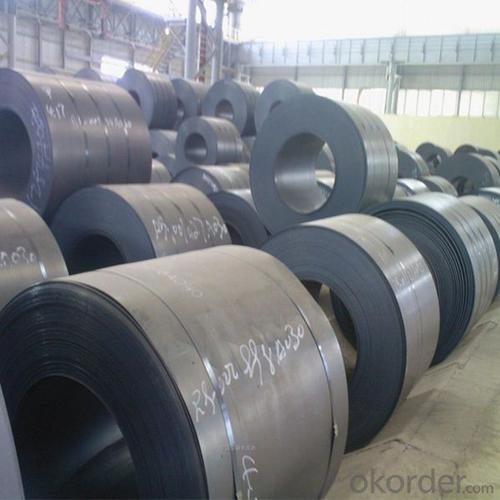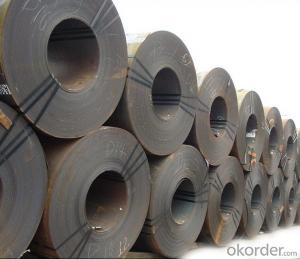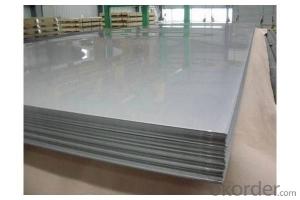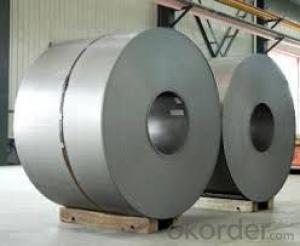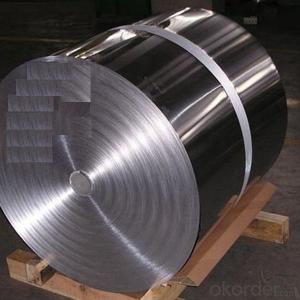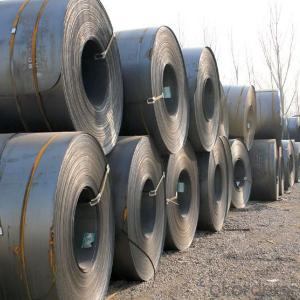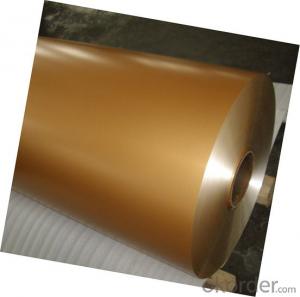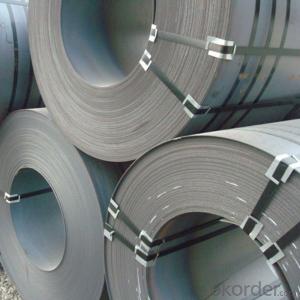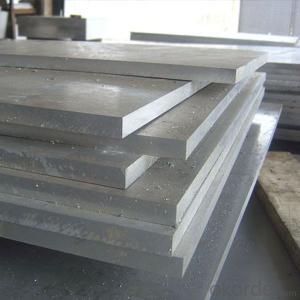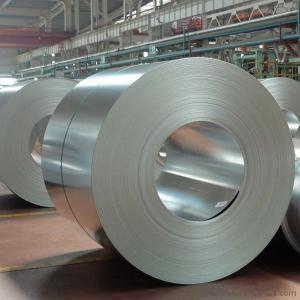Steel Sheets Steel Plates Steel Coils Made in China
- Loading Port:
- Tianjin
- Payment Terms:
- TT OR LC
- Min Order Qty:
- 25 m.t.
- Supply Capability:
- 500 m.t./month
OKorder Service Pledge
OKorder Financial Service
You Might Also Like
Specification
DESCRIPTION:
GRADE: SS400, ASTM A36, A572, ST37,ST52, Q195, Q215, Q235,Q345, S235JR etc.
STANDARD: GB/T709-2006, ASTM A36, JIS G3101, DIN EN 10025, SAE 1045, ASTM A570
SPEC:
1)Width: 600-2500mm or 1000,1050,1250,1500,1800,2000mm
2)Thickness:1.5mm-200mm or as customers’ special requirements;
3)Length: 2-12m or as customers’ special requirements
DETAILS:
Thickness | 0.5-100mm |
Width | 1250mm,1500mm,1800mm,2000mm.,2500mm or as required |
Length | 2000-12000mm |
Standard | AISI, ASTM, BS, DIN, GB, JIS |
Material | A36,SS400,SPCC,SPHC, Q195, Q 235,Q345 |
Tehnique | Hot rolled;cold rolled |
Payment | TT ,L/C |
Packing | Standard seaworthy packing or as required |
Market | Mild east, North/South America, Europe, Asia,Africa etc |
Certificate | BV,SGS,MTC |
Delivery time | 30-45days after confirming the order |
PACKING:
1.Big thickness:by bulk vessel
2.Small thickness:packed by steel strips and shipped by container
3.According to the requirements of customers'
TRADE TERMS :FOB, CFR, CIF
PAYMENT&DELIVERY FOR STEEL COILS/SHEETS
Payment Terms | 100% LC at sight,or 30%TT in advance, balance against B/L copy |
Delivery Time | With 30-40 days after deposit |
Price Terms | Ex-Work, FOB, CNF, CFR, CIF,etc |
DETAILED PICTURES FOR STEEL COILS
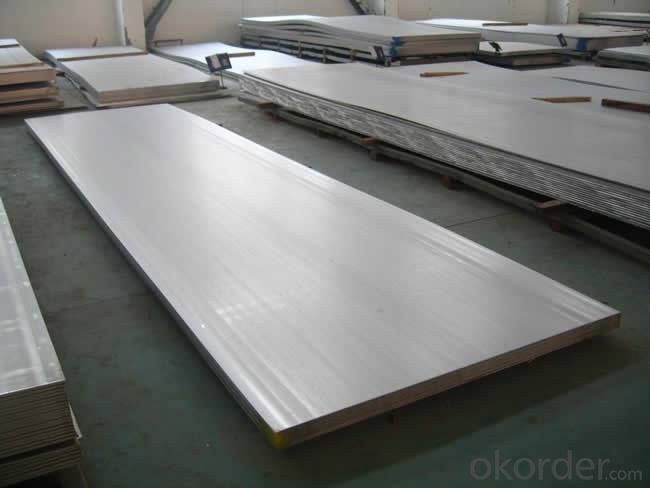
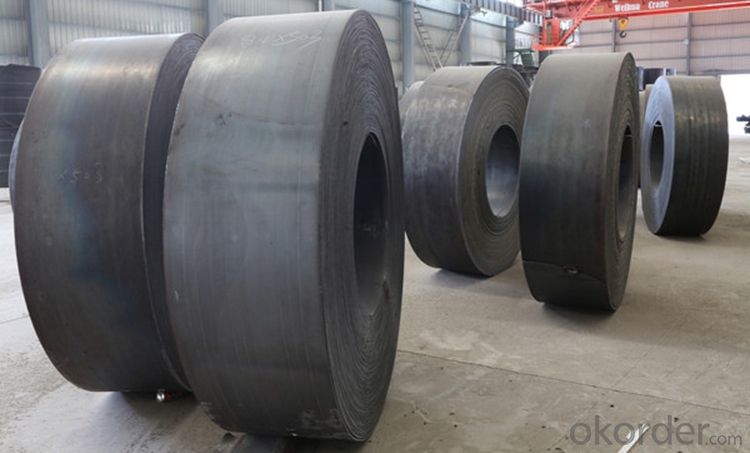
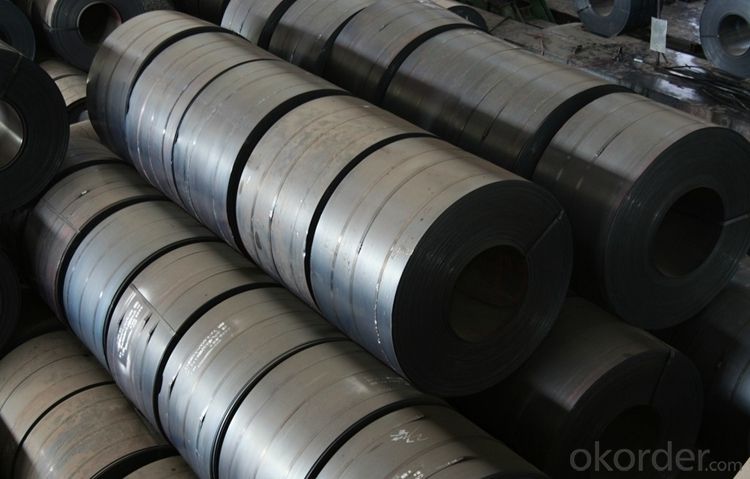
PAYMENT&DELIVERY FOR STEEL COILS/SHEETS
Payment Terms | 100% LC at sight,or 30%TT in advance, balance against B/L copy |
Delivery Time | With 30-40 days after deposit |
Price Terms | Ex-Work, FOB, CNF, CFR, CIF,etc |
FEATURES OF STEEL COILS
(1)Good ductility
(2)Good corrosion resistance
(3)Excellent abrasion resistance and fatigue strength
(4)Good weldability
(5)Oxidation resistant performance
(6)Excellent in high temperature
FAQ
Q:What are the advantages of your company ?
A: We have many professionals, technical personnel, more competitive prices and best after-dales service than other steel companies.
Q:Can you arrange the shipment ?
A: Sure we can help you with the shipment. We have forwarders who have cooperated with us for many years.
- Q: What is the thickness range for steel sheets?
- The thickness range for steel sheets can vary depending on the type of steel and its intended use, but it typically ranges from 0.4 millimeters to 6 millimeters.
- Q: Can steel sheets be used for fencing and gates?
- Yes, steel sheets can be used for fencing and gates. Steel sheets are strong, durable, and resistant to weathering, making them suitable for providing security and privacy. They can be easily installed and customized to fit various fencing and gate designs.
- Q: Can steel sheets be used for manufacturing industrial shelving?
- Indeed, industrial shelving can be manufactured using steel sheets. Renowned for their robustness and endurance, steel sheets prove to be a perfect choice for demanding tasks like heavy-duty industrial shelving. Able to endure substantial weights, they supply steadfastness and reinforcement to these storage units. Moreover, steel sheets can be effortlessly fashioned and tailored to meet precise dimensions and specifications. Their exceptional resistance to corrosion is of utmost significance in industrial settings where encounters with dampness, chemicals, and other harsh circumstances are frequent. All in all, steel sheets present a dependable and enduring option for the production of industrial shelving.
- Q: How do steel sheets perform in corrosive environments?
- Steel sheets perform well in corrosive environments due to their inherent resistance to corrosion. The presence of elements like chromium, nickel, and molybdenum in steel alloys forms a protective oxide layer that prevents direct contact between the steel and corrosive agents. This helps in preventing rust, degradation, and ensures the longevity of steel sheets even in harsh conditions.
- Q: Are the steel sheets magnetic?
- Yes, steel sheets are magnetic. Steel is primarily composed of iron, which is a ferromagnetic material. This means that it can be magnetized and attracts other magnetic materials. Steel sheets are often used in applications where magnetic properties are required, such as in the manufacturing of magnets, electrical appliances, and various industrial equipment.
- Q: Are steel sheets resistant to radiation or electromagnetic interference?
- Steel sheets are not inherently resistant to radiation or electromagnetic interference. However, their thickness can provide some level of shielding against certain types of radiation, such as gamma radiation. For protection against electromagnetic interference, additional layers or coatings specifically designed to block or absorb electromagnetic waves may be required.
- Q: Are steel sheets suitable for food processing facilities?
- Yes, steel sheets are suitable for food processing facilities. Steel is a durable and hygienic material that is resistant to corrosion, easy to clean, and can withstand high temperatures. It is commonly used in food processing facilities to ensure food safety and maintain a clean and sanitary environment.
- Q: What are the different edge treatments available for steel sheets?
- There are several different edge treatments available for steel sheets, including shearing, deburring, chamfering, edge rolling, and edge trimming. These treatments are used to remove sharp edges, create a smooth finish, and improve safety and aesthetics of the steel sheets.
- Q: Can steel sheets be used for wall cladding?
- Yes, steel sheets can be used for wall cladding. Steel is a durable and versatile material that can be shaped into thin sheets, making it suitable for cladding applications. It offers excellent strength, weather resistance, and can be finished with various coatings to enhance its aesthetic appeal.
- Q: Can steel sheets be used for electrical conductivity applications?
- No, steel sheets are not typically used for electrical conductivity applications as they have high electrical resistance. Materials with high electrical conductivity, such as copper or aluminum, are preferred for such applications.
Send your message to us
Steel Sheets Steel Plates Steel Coils Made in China
- Loading Port:
- Tianjin
- Payment Terms:
- TT OR LC
- Min Order Qty:
- 25 m.t.
- Supply Capability:
- 500 m.t./month
OKorder Service Pledge
OKorder Financial Service
Similar products
Hot products
Hot Searches
Related keywords
